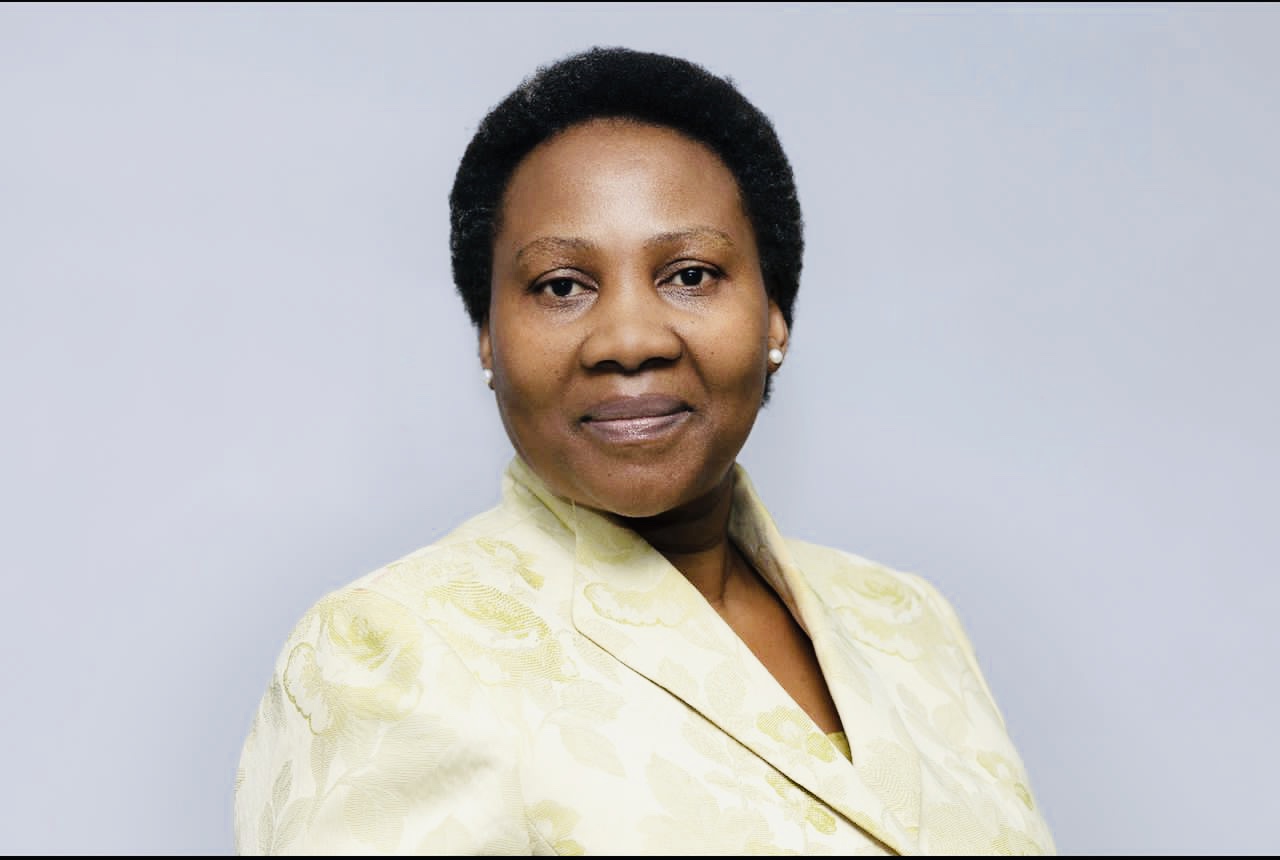
Secretary-General of the SADC Parliamentary Forum, Ms Boemo Sekgoma. Photo: Contributed
From Moses Magadza in Malawi
SALIMA, MALAWI – Gender-Based Violence (GBV) has changed from the traditional physical assaults to more sophisticated means such as psychological, emotional and even cyber violence.
And because GBV is still rampant, its consequences brutal and dire, protection for everyone, especially the most vulnerable segment of the population at the bottom of the social ladder – be it male or female – is long overdue.

This was said on Thursday, 22 June 2023 by the Secretary-General of the SADC Parliamentary Forum, Ms Boemo Sekgoma, at a national engagement and capacity building session for Malawian parliamentarians to promote the domestication of the SADC Model Law on gender-based violence that began at Salima in Malawi.
Sekgoma told the session which took place under the auspices of the GBV Technical Working Group partners (Plan International, UN agencies and SAfaids) in collaboration with the Ministry of Gender and the national parliament, that despite such practices being discouraged through sensitisation campaigns dating as far back as the 1980s, SADC was still grappling with the scourge.
“This session aims to delve into the nature of domestication strategies and the modalities which may be adopted to further identify the gaps in domestic law and to incorporate the provisions of the model law as appropriate,” she said in a pre-recorded video statement, adding that laws on GBV must be updated regularly due to the fast-evolving pace of society and societal trends.
“Laws need to adapt fast to befit current circumstances,” she emphasised.
The SG said the Salima initiative follows Malawi’s participation in the deliberations at the 67th session of the Commission on the Status of Women earlier this year.
At that session, Malawi Minister of Gender, Honourable Jean Muonawauza Sendeza gave a powerful speech on how gender equality should be advanced in southern Africa by leveraging technology.
“On this occasion, it was highlighted that the SADC Model Law on GBV should be used as a guiding instrument for policy initiatives and legislative interventions,” Sekgoma said.
She added that domestication is a recurrent issue dealt with by the Forum, especially because the SADC-PF is a regional inter-parliamentary organisation, and therefore harmonisation of norms from regional to national level is an issue of utmost importance to facilitate further integration of member states in the region.
“Domestication by the adoption of similar legal norms brings member states closer and therefore facilitates the linkages which prepare countries for socio-economic integration.
“Domestication is therefore quintessential for regionalisation, whether it is about SADC model laws, SADC protocols or other multi-lateral agreements that bind the region,” noted the SG.
She said model laws are made to boost national parliaments in terms of subject analysis, ground research, legislative brainstorming and drafting formulation.
Sekgoma said there is no copyright on the SADC model law when national parliaments import provisions into domestic laws because it was adopted by an inclusive process uniting all SADC member parliaments.
“Therefore the model law is for you to embrace and internalise. It is now at your doorstep and ready for incorporation,” she encouraged the parliamentarians.
The Model Law on GBV was adopted by the 50th plenary assembly of the SADC-PF in December 2021.
Sekgoma expressed confidence the session would assist ministries and MPs to reflect on key domestication strategies to internalise the model law and thus elevate the prevailing norms in Malawi to prescribed standards.
She highlighted that all model laws of the forum are followed by further advocacy materials, such as guides or manuals for stakeholders to assist in the domestication.
It would be necessary to devise a robust multi-partnership framework and a roadmap for incorporation of the model laws, she said, adding that the incorporation of provisions requires ongoing consultations with representatives from the three arms of the state.
“There are provisions on judicial remedies such as restraint orders to protect victims of GBV which require consultations with magistrates and judicial officers at national level. Similarly, criminalisation of certain GBV offences would require consultations with the prosecutor’s office and the relevant policy organs.
“Increases in budgets and gender mainstreaming through the appropriation bill needs approval by the ministry of finance, among others,” she said and expressed confidence the session would lead to reflections on the multi-stakeholder framework to be adopted and subsequently on the roadmap to be put in place.
Sekgoma said a few years ago, the domestication of the Model Law on child marriage was viewed as impossible by many, yet today the main provisions of the model law have been domesticated in many SADC countries to raise the legal age of marriage to 18 years.
“We are confident that the Model Law on GBV too will be progressively internalised and constitute a stride towards the implementation of Sustainable Development Goal 5 on gender equality and achieving women empowerment as anticipated in instruments such as the Convention on the Elimination of All Forms of Discrimination against Women (CEDAW) or the Maputo Protocol,” Sekgoma said.









